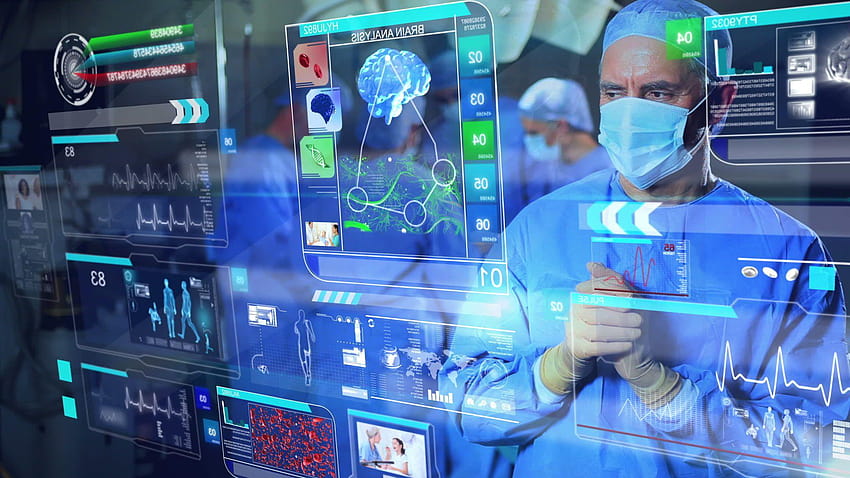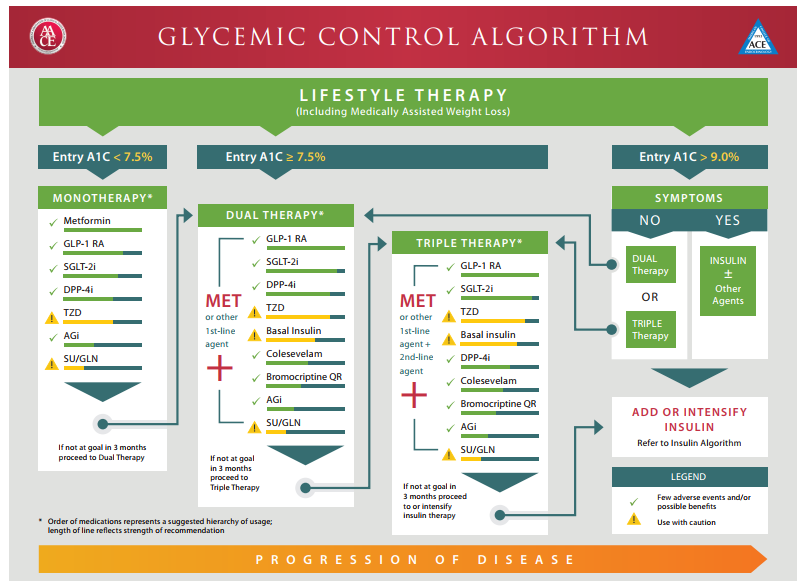Healthcare Technology & Innovations
In recent years, the field of healthcare has been witnessing dramatic advancements and innovations due to the rapid
development of technology. From diagnostic tools to treatment options, healthcare technology has revolutionized the
way medical professionals deliver care and improved patient outcomes. This article explores some of the latest
healthcare technologies and innovations that have made a significant impact on the industry.
Electronic Health Records (EHR)
Electronic Health Records (EHR) have transformed the way patient data is collected, stored, and shared among
healthcare providers. EHR systems streamline record-keeping processes, improving efficiency and reducing errors.
These digital records can be accessed in real-time, allowing healthcare professionals to have an up-to-date view of
a patient’s medical history, medications, allergies, and test results. EHR systems also enable better communication
and coordination among healthcare teams, leading to improved patient care and outcomes.
Telehealth and Telemedicine
Telehealth and telemedicine technologies have played a crucial role in expanding access to healthcare, especially in
remote or underserved areas. Through video conferencing, patients can consult healthcare providers from the comfort
of their homes, reducing the need for unnecessary hospital visits. Telemedicine also enables timely diagnosis and
treatment, as patients can receive remote monitoring and follow-up care. This technology not only saves time and
money but also improves patient satisfaction and increases access to specialized healthcare services.
Big Data and Analytics
Big data and analytics have revolutionized healthcare research and decision-making processes. By analyzing vast
amounts of patient data, including electronic health records, health insurance claims, and genomic information,
researchers can gain new insights into disease management and prevention. These insights can lead to personalized
treatment plans and improved patient outcomes. Additionally, big data analytics can help healthcare organizations
identify patterns, optimize workflows, and make more informed decisions to enhance operational efficiency.
Artificial Intelligence (AI)
Artificial Intelligence (AI) has immense potential in healthcare, from streamlining administrative tasks to
assisting in complex medical procedures. AI-powered tools and algorithms can analyze medical images, such as X-rays
and MRIs, to aid in diagnoses. They can also improve the accuracy of genetic testing and identify potential drug
interactions. AI chatbots that use Natural Language Processing can provide patients with immediate responses to
common questions and alleviate the burden on healthcare staff. AI-driven robotics have also been used in surgery,
enabling precision and reducing risks.
Robotics and Automation
Robotics and automation technologies are transforming several aspects of healthcare, including surgery, patient
care, and medication management. Robotic-assisted surgical systems offer surgeons enhanced dexterity, precision,
and control, resulting in less invasive procedures and faster recovery times for patients. Robots can also be used
in rehabilitation therapy, helping patients regain their mobility and independence. Moreover, automated medication
dispensing systems ensure accurate dosages, reduce human error, and enhance patient safety.
3D Printing
3D printing has emerged as a powerful tool in healthcare for a variety of applications. It enables the production
of patient-specific implants, prosthetics, and anatomical models used for surgical planning. 3D bioprinting, a more
recent development, holds promise for creating functional tissues and organs for transplantation, potentially
solving the organ shortage crisis. This technology has the potential to revolutionize personalized medicine and
greatly improve patient outcomes.
Conclusion
The rapid advancements in healthcare technology and innovations have significantly transformed the way healthcare
is provided. From electronic health records and telehealth to artificial intelligence and robotics, these
technologies have revolutionized diagnostics, treatment, and patient care. As technology continues to advance, the
future of healthcare looks promising, with the potential for breakthroughs that will further improve patient
outcomes and increase access to quality care.


